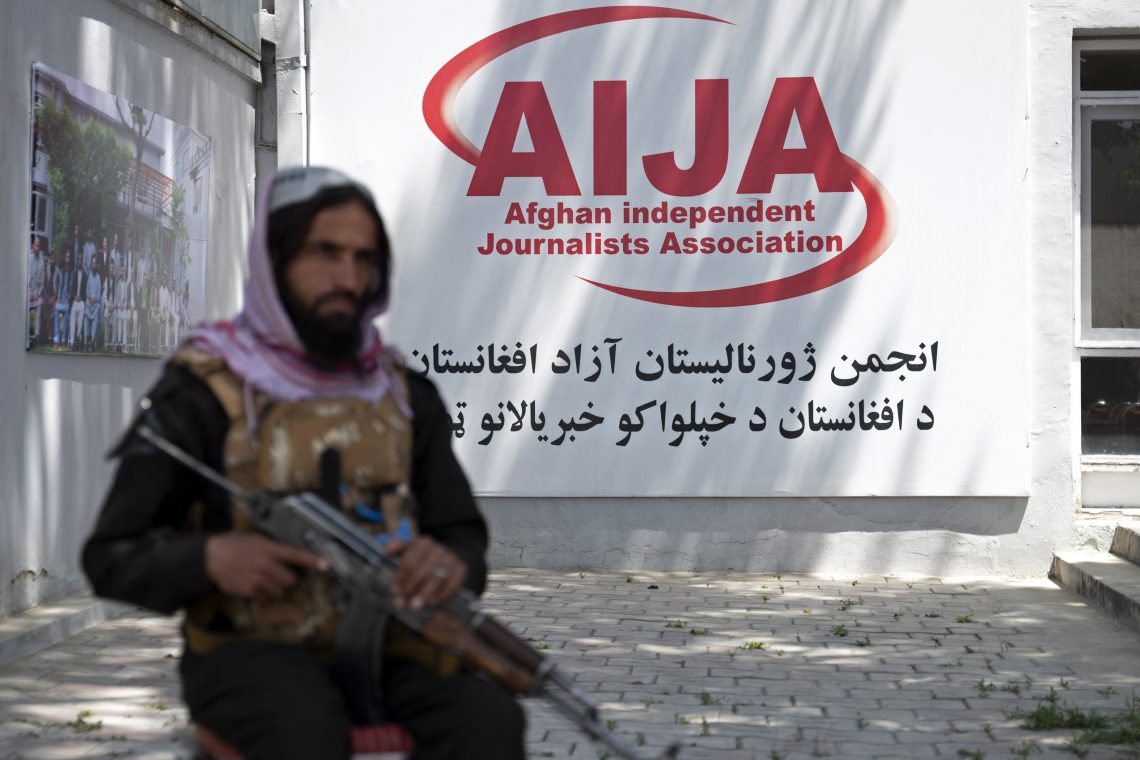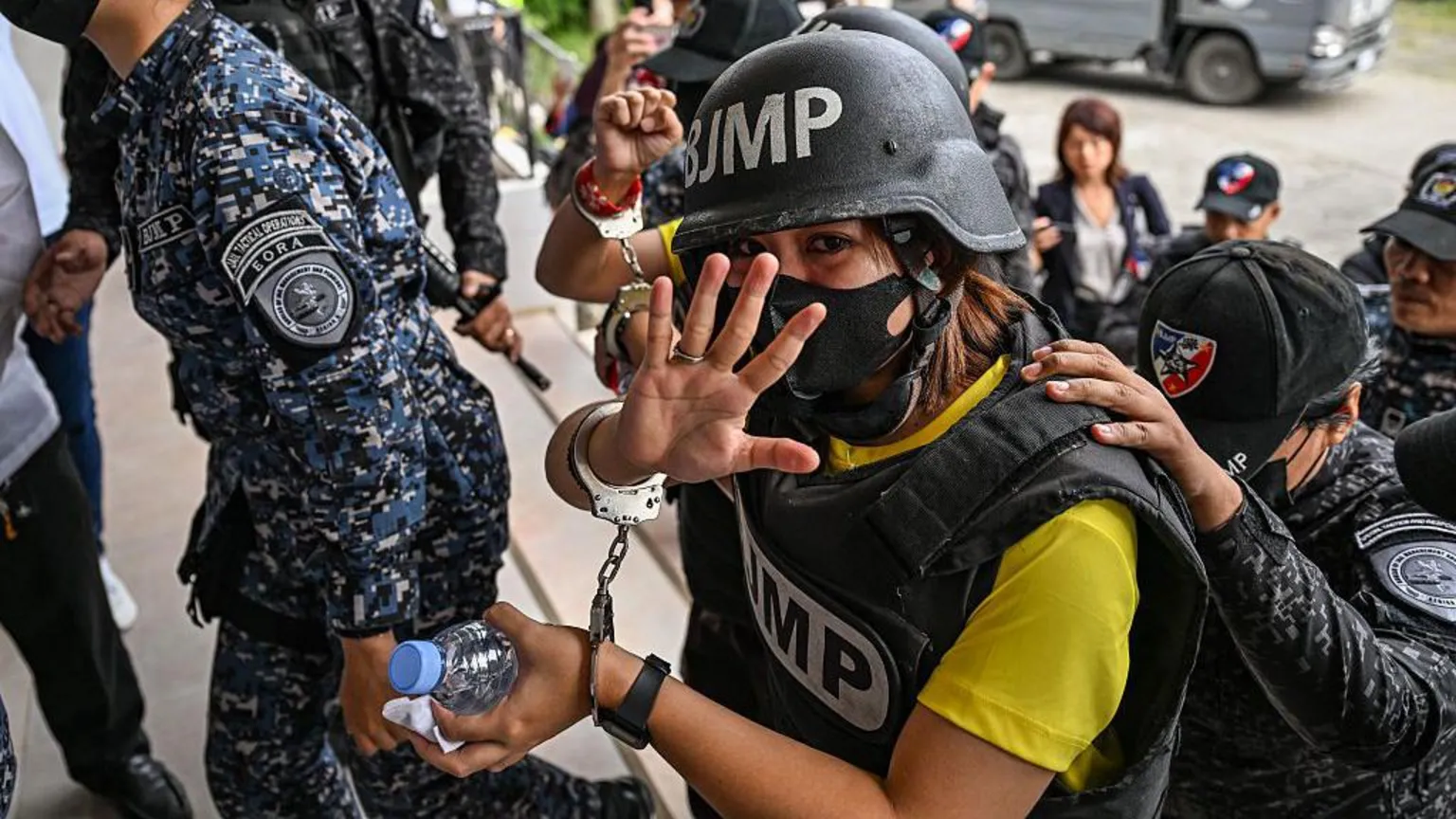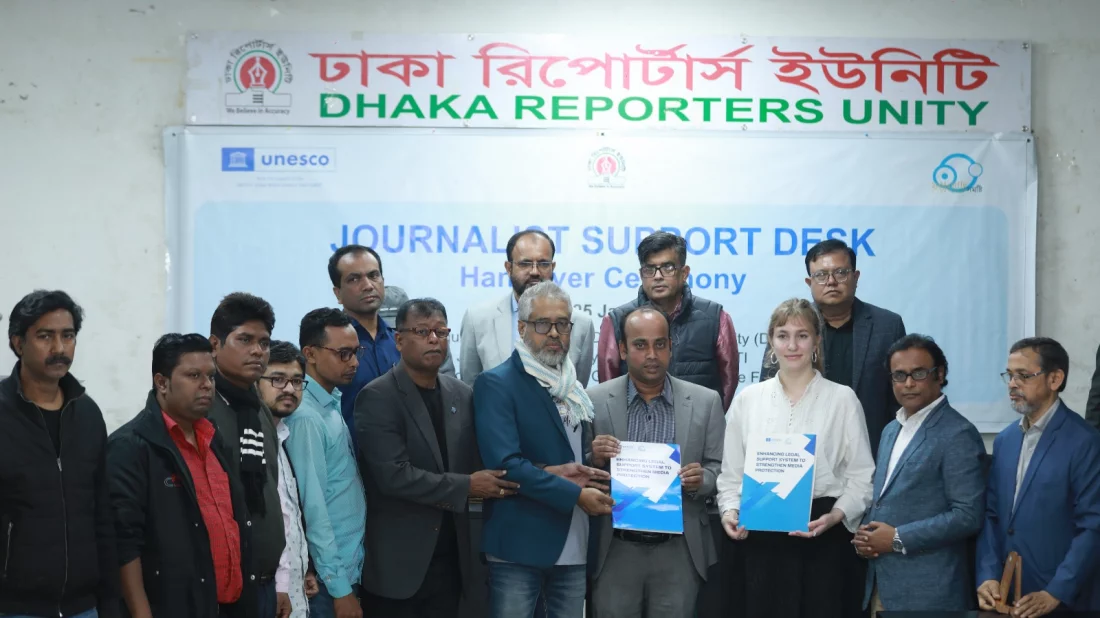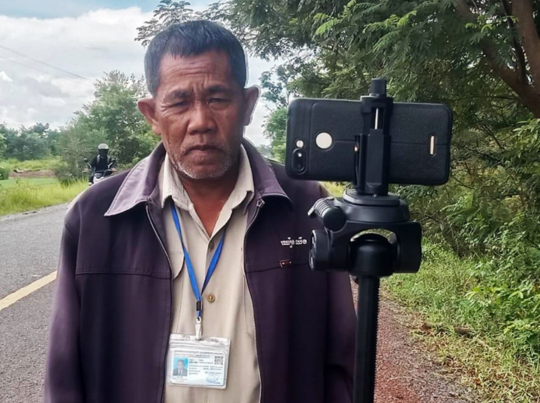
Murdered for Reporting: The Fatal Price of Environmental Journalism in Cambodia
December 10, 2024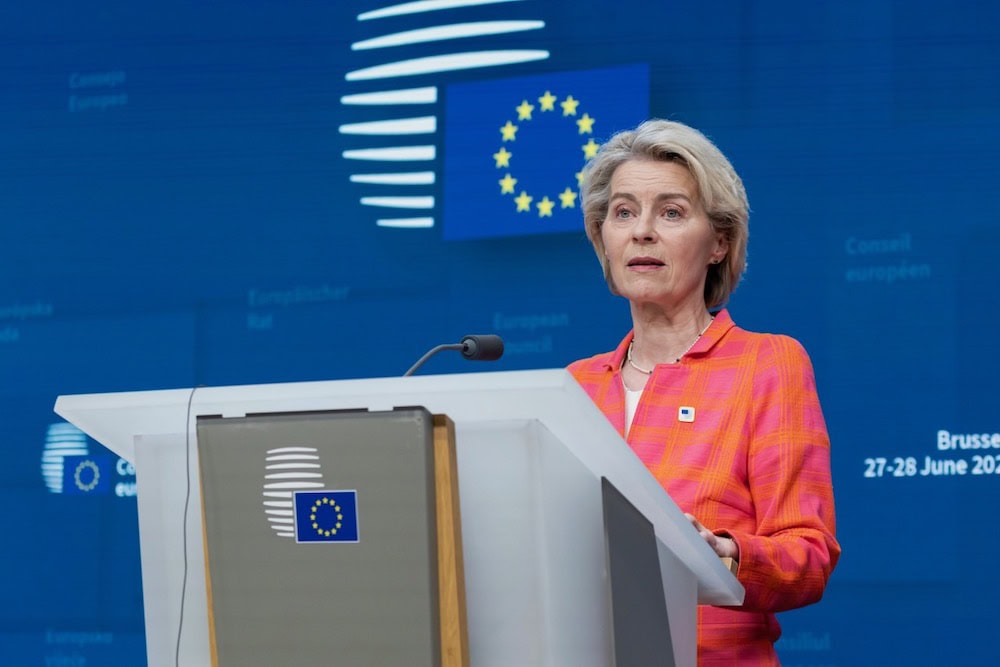
Press Freedom Groups Urge EU to Oppose Türkiye’s “Agent of Influence” Bill
December 10, 2024December 10, 2024 – Azerbaijan –
Following its high-profile hosting of the COP29 climate summit, Azerbaijan has launched a sweeping crackdown on independent journalism, drawing widespread condemnation from global rights organizations. On December 6, 2024—just days after the summit concluded—seven journalists affiliated with Meydan TV and the Baku School of Journalism were arrested on charges of “foreign currency smuggling,” a vaguely defined offense punishable by up to eight years in prison.
Those detained include Meydan TV’s editor-in-chief Aynur Ganbarova and journalists Aytaj Ahmadova, Khayala Agayeva, Natig Javadli, Aysel Umudova, and Ramin Jabrayilzade, along with media trainer Ulvi Tahirov. Human Rights Watch labeled the charges as politically motivated, arguing they are part of a broader strategy to suppress dissent and neutralize the few remaining independent voices in Azerbaijan’s media landscape.
Reporters Without Borders (RSF) strongly condemned the arrests, calling for the immediate release of the journalists and denouncing what it called a campaign of “mediacide.” The organization warned that Azerbaijan is using false criminal charges, including financial crimes and disinformation laws, to dismantle independent journalism. RSF also pointed out that these arrests bring the total number of detained journalists in the country to 20, a figure not seen since the early 2010s.
The crackdown appears calculated: timed to follow COP29, when international scrutiny of Azerbaijan had momentarily softened due to its climate diplomacy efforts. Critics, including Amnesty International and the Committee to Protect Journalists, accuse the government of using the summit as a shield while intensifying domestic repression.
The United States added diplomatic weight to the response, with Secretary of State Antony Blinken publicly calling for the journalists’ release. Meanwhile, Azerbaijan continues to rank among the world’s worst press freedom environments—164th out of 180 in RSF’s 2024 World Press Freedom Index.
This post-COP29 repression reveals a stark contradiction between Azerbaijan’s international engagement and its internal authoritarianism. For many, the arrests are not just about silencing a handful of reporters—they represent a broader effort to eliminate dissent, intimidate the press, and consolidate unchecked power. The international community now faces renewed pressure to hold Baku accountable for violating fundamental rights under the cover of global diplomacy.
Reference –
https://www.hrw.org/news/2024/12/11/azerbaijans-post-cop29-crackdown


